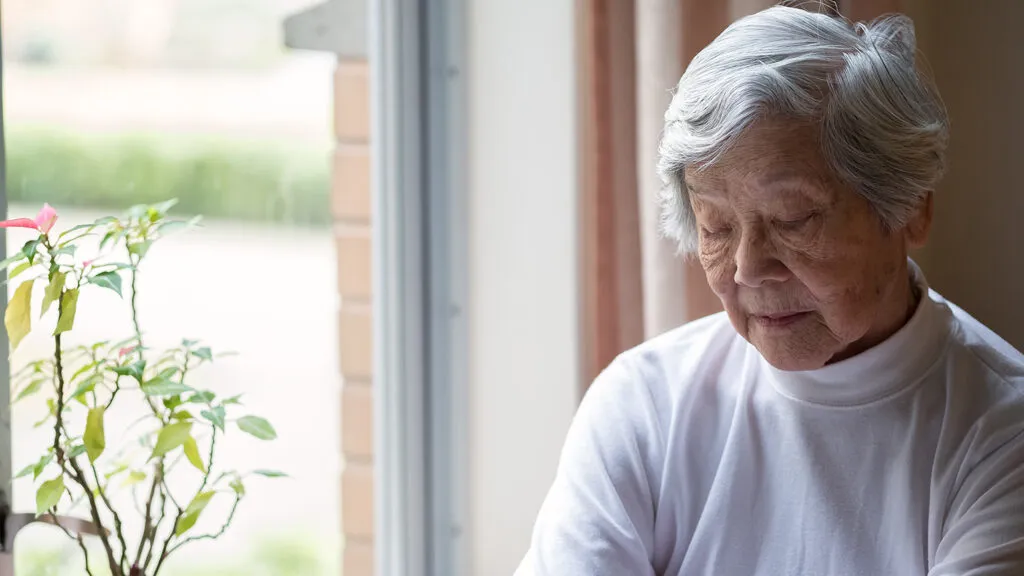Sonsyrea Tate was surprised—and delighted—when her 97-year-old grandfather bounced back after the end of his beloved wife’s struggle with Alzheimer’s disease. But moving on after caregiving can be complicated. Former caregivers can suffer from guilt, exhaustion and confusion, among other things.
“Caregiving inevitably changes us,” says David Troxel, an internationally known expert on Alzheimer’s and coauthor, with Virginia Bell, of The Best Friends Approach to Alzheimer’s Care. Here’s how to heal and transition smoothly into your next chapter.
Community Newsletter
Get More Inspiration Delivered to Your Inbox
Stick with your support group. If you’ve enjoyed the camaraderie of a caregiving support group, consider staying on. “It can benefit you even after a family member has passed away,” Troxel says. “You can act as a kind of mentor and share your wisdom with the group.” Another option: Join a bereavement group (through a church, synagogue or hospice).
Learn a new skill. Studies confirm: Building new skills helps ward off dementia and boosts well-being. Now that you have more time, take up a new activity. What have you always wanted to try? How about taking language classes or music lessons or learning how to knit or sew? “It can be fun and good for your brain, body and spirit,” Troxel says.
Reach out to family and friends. “Even after a formal service, consider gathering with loved ones and talking about your experience, lessons learned and plans for the future,” Troxel says. “If you have a lot of pent-up feelings, don’t be shy. Let folks know how you are feeling; ask for a hug. You’ll be surprised at how many people will be there for you.”
Consider moving. “I tell grieving families: Don’t make any major decisions for at least one year,” says Troxel. “But then be bold! If you’ve always dreamed of moving into the city and living in a small apartment and being within walking distance of coffee shops and theaters, go for it. Moving can open up a lot of new horizons in your life.”
Give back. It’s no surprise to Troxel that the volunteer rosters at the Alzheimer’s Association are full of former caregivers. “It’s so impactful to be able to share what you’ve learned. It is a wonderful way to give a sense of purpose to your years of caregiving,” he says. Or you might consider working as a caregiver with a company like Home Instead. ”It is part of the healing process to be out in the world, helping others,” he says.
For more information about the caregiving journey or caregiving careers, go to homeinstead.com.
Read more: At 100, Her Grandfather Was Still Giving It All Up to God
For more inspiring stories, subscribe to Guideposts magazine.





